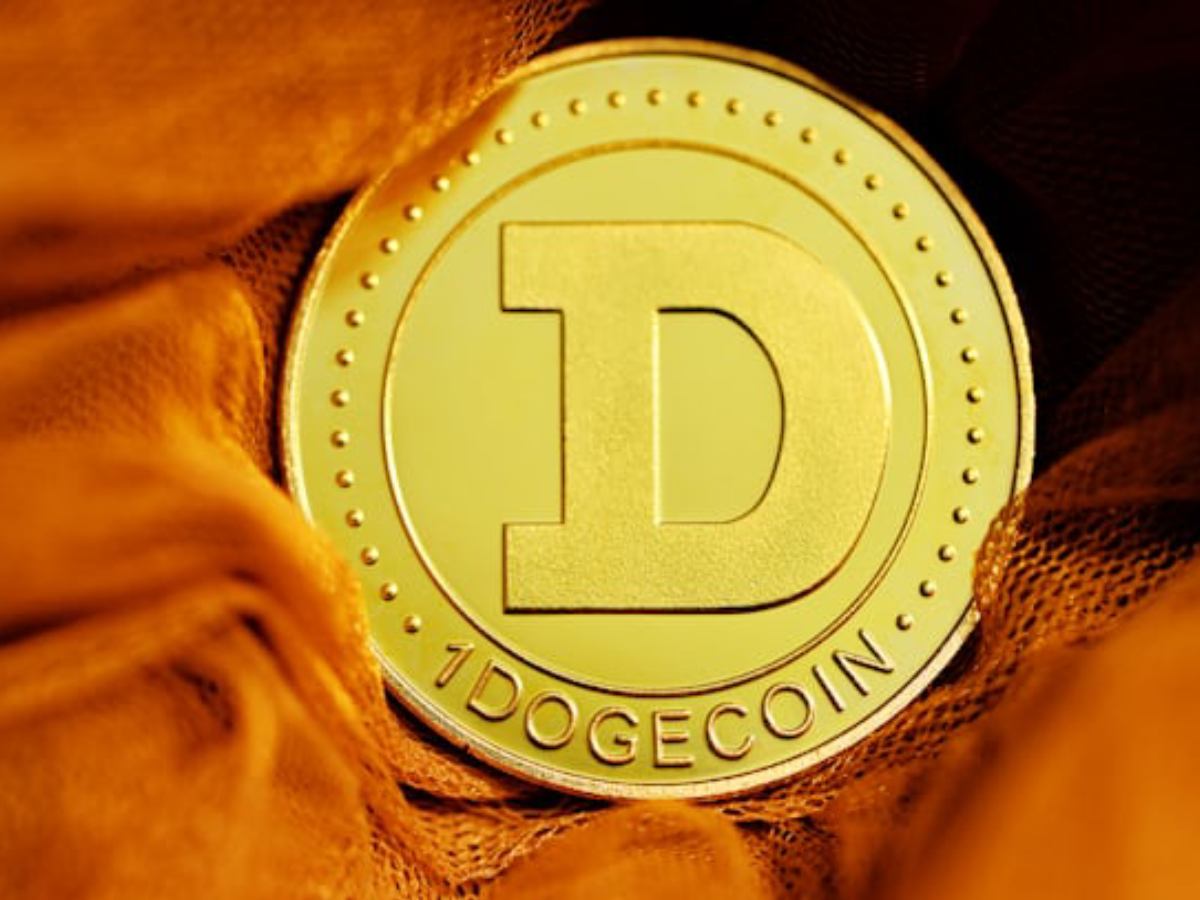Dogecoin, originally created as a light-hearted joke, has rapidly ascended from humble beginnings, becoming a significant player in the world of cryptocurrencies. Its rise, driven by a strong community following and viral memes, has sparked curiosity about the underlying technology supporting this memetic currency. This article evaluates the technical aspects of Dogecoin to understand how it operates and what sets it apart in the crypto landscape.
Table of Contents
The Genesis of Dogecoin
Dogecoin was introduced in December 2013 by software engineers Billy Markus and Jackson Palmer, inspired by the popular “Doge” meme featuring a Shiba Inu dog. Initially intended as a parody of the burgeoning cryptocurrency craze, Dogecoin gained unexpected traction and developed a devoted community around it. Its rapid ascent surprised many industry observers, highlighting the unpredictable nature of digital currencies. Despite its origins as a joke, Dogecoin’s enduring popularity underscores the significance of community-driven initiatives in shaping the cryptocurrency landscape. As a pioneer in meme-based cryptocurrency movements, Dogecoin paved the way for the integration of humour and social engagement within the digital asset space.
Forking from Litecoin: The Technical Foundation
Dogecoin is based on the Litecoin protocol, a fork of Bitcoin; this means Dogecoin shares many fundamental features with its predecessors, such as using a proof-of-work consensus mechanism and employing a blockchain to record transactions. However, there are notable differences in Dogecoin’s parameters and development philosophy; these distinctions have shaped Dogecoin’s unique identity and functionality within the cryptocurrency ecosystem. While rooted in the same technological framework as Bitcoin and Litecoin, Dogecoin’s emphasis on accessibility and community engagement sets it apart as a user-friendly alternative in the digital currency space, encouraging enthusiasts who buy Bitcoin to participate in its vibrant community.
Scrypt Algorithm: Efficient Mining for All
One key technical feature that sets Dogecoin apart is its use of the Scrypt hashing algorithm for mining. Unlike Bitcoin’s SHA-256 algorithm, which favours specialized hardware (ASICs), Scrypt is designed to be more memory-intensive, allowing for a fairer distribution of mining rewards among a broader range of participants. This aligns with Dogecoin’s ethos of accessibility and inclusivity, enabling enthusiasts to mine Dogecoin using consumer-grade hardware. The Scrypt algorithm’s emphasis on decentralization enhances Dogecoin’s resilience and security against centralization pressures.
Fast Block Times and High Supply: Transaction Speed and Inflation
Another distinguishing characteristic of Dogecoin is its fast block time of one minute, compared to Bitcoin’s ten minutes. This results in quicker transaction confirmations, facilitating a smoother user experience for everyday transactions. Additionally, Dogecoin has an inflationary supply mechanism, with an annual increase in the coin supply of about 3.9%. While some view this as a drawback, it aligns with the currency’s original intention of fostering a tipping culture and discouraging hoarding. The inflationary model, combined with fast block times, promotes circulation and usability, driving Dogecoin’s utility as a medium of exchange.
Community Governance and Development
The Dogecoin community plays a pivotal role in the currency’s ongoing development and governance; dissimilar to many other cryptocurrencies with formalized governance structures, Dogecoin’s decision-making process is more decentralized and community-driven. Proposals and changes are often discussed openly on forums and social media channels, with broad participation from community members. This organic approach has contributed to Dogecoin’s resilience and adaptability over the years. The community’s active engagement cultivates innovation and guarantees Dogecoin evolves in line with the collective vision of its stakeholders.
Memetic Culture and Social Media Engagement
One of Dogecoin’s most significant strengths lies in its memetic culture and active presence on social media platforms. The currency’s iconic Shiba Inu mascot and meme-inspired branding have cultivated a strong sense of camaraderie among supporters, transcending traditional barriers to adoption. Dogecoin’s community-driven ethos and playful demeanour resonate with a diverse audience, attracting both seasoned cryptocurrency enthusiasts and newcomers alike. This vibrant community spirit fuels ongoing enthusiasm and adoption, propelling Dogecoin to new heights of prominence in the digital currency landscape.
The Future of Dogecoin: Challenges and Opportunities
Despite its lighthearted origins, Dogecoin faces challenges in establishing itself as a legitimate digital asset; regulatory scrutiny, scalability concerns and competition from other cryptocurrencies pose ongoing hurdles to adoption and mainstream acceptance. Additionally, the currency’s inflationary model and lack of formal governance structures may limit its long-term viability as a store of value. However, Dogecoin also presents significant opportunities for innovation and growth. Its vibrant community, low transaction fees and fast transaction times make it ideal for microtransactions and online tipping. Furthermore, ongoing developments such as the integration of the Lightning Network and interoperability solutions could enhance Dogecoin’s utility and appeal in the broader cryptocurrency ecosystem.
Conclusion
Dogecoin’s rise from meme to the mainstream has captivated the attention of the cryptocurrency world and beyond; while its technical underpinnings may share similarities with other cryptocurrencies, Dogecoin’s unique combination of community spirit, memetic culture and accessible technology sets it apart in a crowded market. As Dogecoin continues to evolve and navigate the complexities of the digital economy, its journey serves as a testament to the power of community-driven innovation in shaping the future of finance.

